South Korea Heads to the Polls Amid Tariff Tensions and Leadership Vacuum
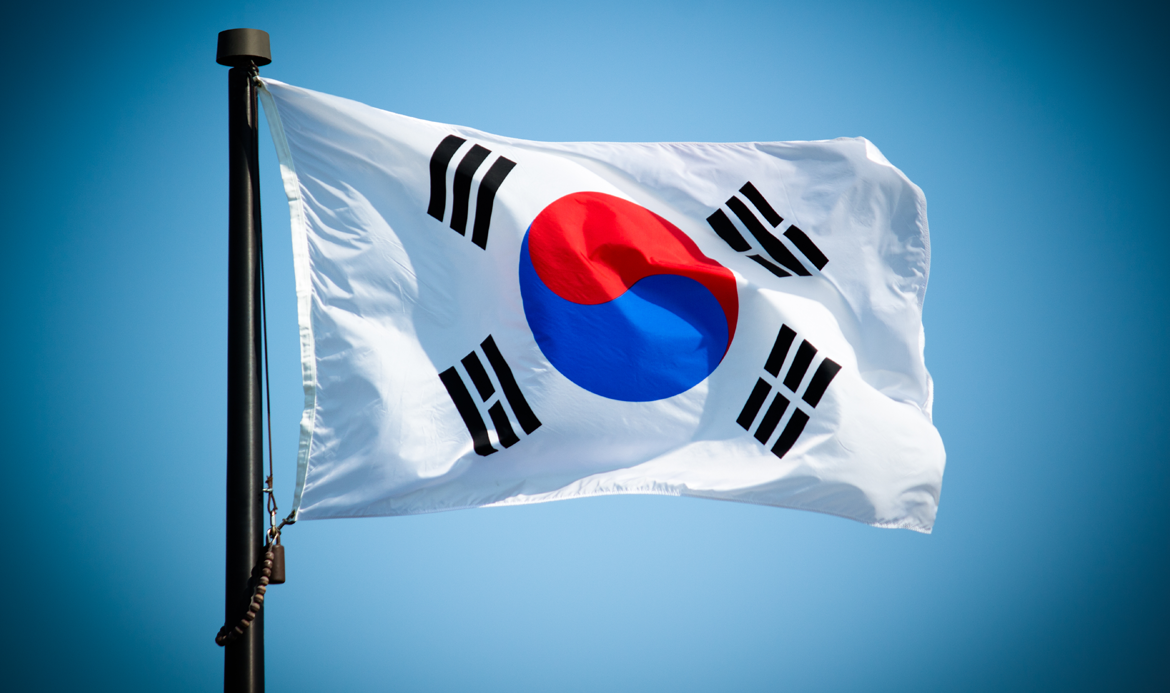
Since U.S. President Donald Trump began his second term, key ally South Korea has been without an elected leader leaving a critical gap in its ability to engage Washington on major trade issues, including escalating tariffs.
With the country scheduled to hold a presidential election on June 3, the incoming leader will face the urgent task of navigating a volatile global trade environment. The next president must strike a careful balance between staying out of Trump’s tariff crosshairs and maintaining strong ties with both the United States and South Korea’s primary security partner against nuclear-armed North Korea and neighboring China, a key economic partner.
Two Candidates, Two Visions
The race has narrowed to two main contenders: front-runner Lee Jae-myung, a former opposition leader, and conservative challenger Kim Moon-soo.
Lee, a compelling figure who rose from child factory worker to human rights lawyer, has drawn comparisons to U.S. politician Bernie Sanders for his progressive economic views. A staunch advocate of a universal basic income, Lee has proposed direct cash transfers to stimulate growth. However, his campaign has been marred by legal controversies, including a string of scandals. A potential retrial that could have derailed his candidacy was recently postponed by the courts.
Kim, a former labor and pro-democracy activist who shifted toward conservatism after the Soviet Union’s collapse, is currently polling 22 percentage points behind Lee, according to the latest Gallup survey.
Divergent Economic Priorities
While both candidates have identified the economy as their top priority, their strategies differ significantly.
Lee has pledged to transform South Korea into a "global economic powerhouse," with analysts noting a strategic shift by his Democratic Party toward centrist, growth-oriented policies. “The party used to emphasize labor rights and wealth distribution, but now it's focusing more on economic expansion,” said Kim Yong-jin, professor at Sogang University.
Kim’s People Power Party emphasizes pro-business reforms and deregulation. Branding himself as “the jobs president and the economy president,” Kim has vowed to overhaul the economy by slashing red tape a striking position for someone with a background in labor activism.
Balancing Washington and Beijing
Foreign policy will also be a critical challenge. The next president must manage relations with both Washington and Beijing without compromising South Korea’s strategic or economic interests.
Lee has signaled a cautious approach to renewing tariff talks with the U.S., stating he would prioritize “national interests” over speedy negotiations. Kim, in contrast, has pledged to immediately seek a summit with President Trump, highlighting his “friendly and trusting relationship” with the U.S. leader.
However, Lee’s perceived proximity to China has drawn criticism. His 2024 comment that Taiwan was “none of our business” has raised alarms among foreign policy observers and opponents alike.
Still, experts argue that neither candidate offers a truly innovative approach to foreign relations. “Our past strategy of aligning with whichever power is stronger is no longer sustainable,” said Park Seung-chan, a professor of Chinese studies at Yongin University.
South Korea, already burdened by a 25 percent U.S. tariff on automobiles one of its key exports remains highly vulnerable to further trade restrictions.
A South Korean delegation is currently in Washington negotiating a new trade package to stave off additional levies. However, the lack of a permanent president has stalled progress. “With export performance and economic growth already under pressure, failing to act decisively on Trump’s tariff agenda could put the country in a very difficult position,” warned political analyst Park Sang-byung.
A Leadership Void
Following the impeachment of former President Yoon Suk Yeol after his controversial imposition of martial law, South Korea has seen a rapid turnover of acting presidents. The country is now led by its third interim leader — previously the finance minister.
Experts say the prolonged absence of elected leadership is causing serious paralysis. “A nation needs its CEO. Right now, South Korea is operating without one,” said Professor Kim Dae-jong of Sejong University. “The president determines roughly 90 percent of a nation’s trajectory.”
Until a new president is sworn in, key negotiations remain frozen. Vice Trade Minister Park Seung-taek acknowledged the challenge, saying it is “theoretically impossible” to resolve trade issues without an elected head of state.



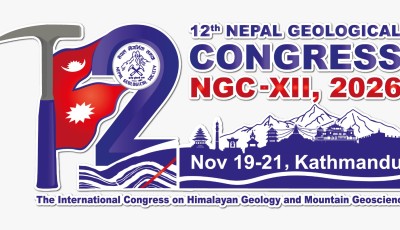
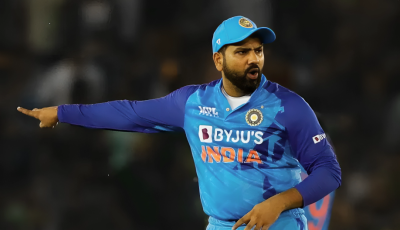

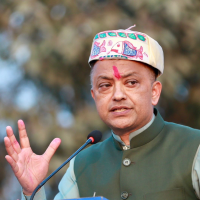
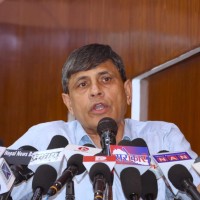
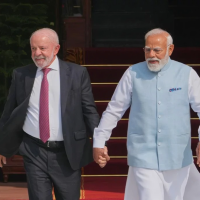

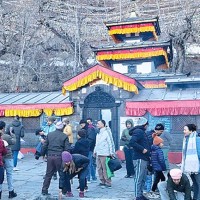
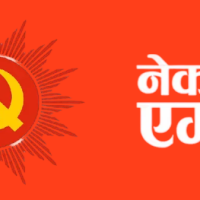

तपाईको प्रतिक्रिया दिनुहोस